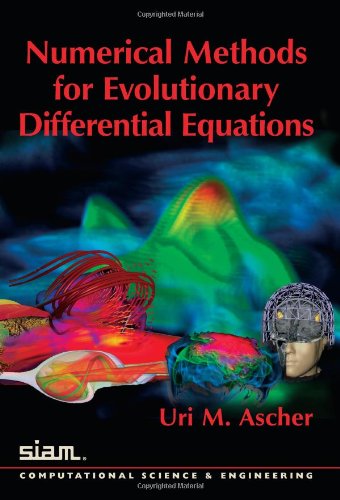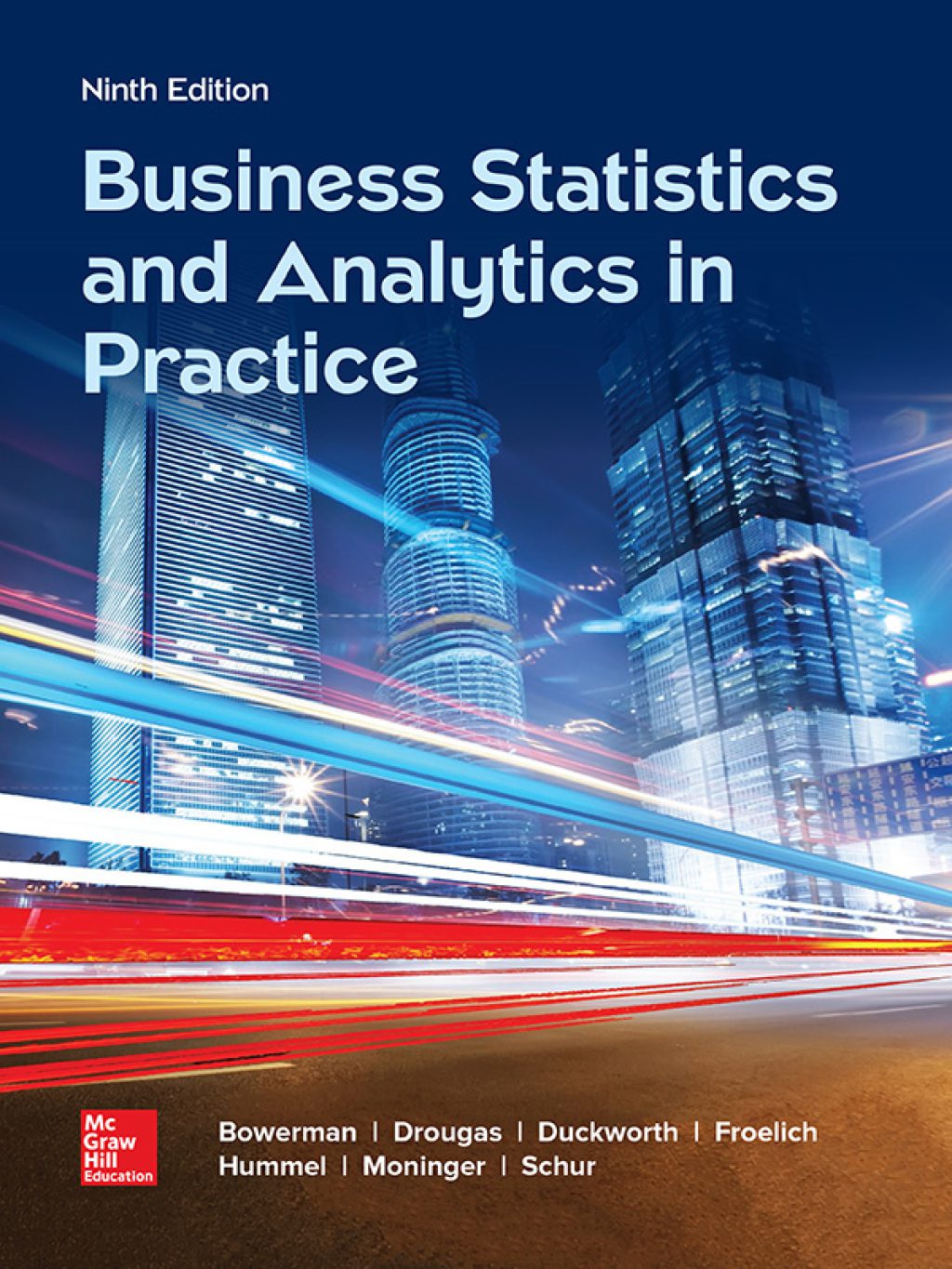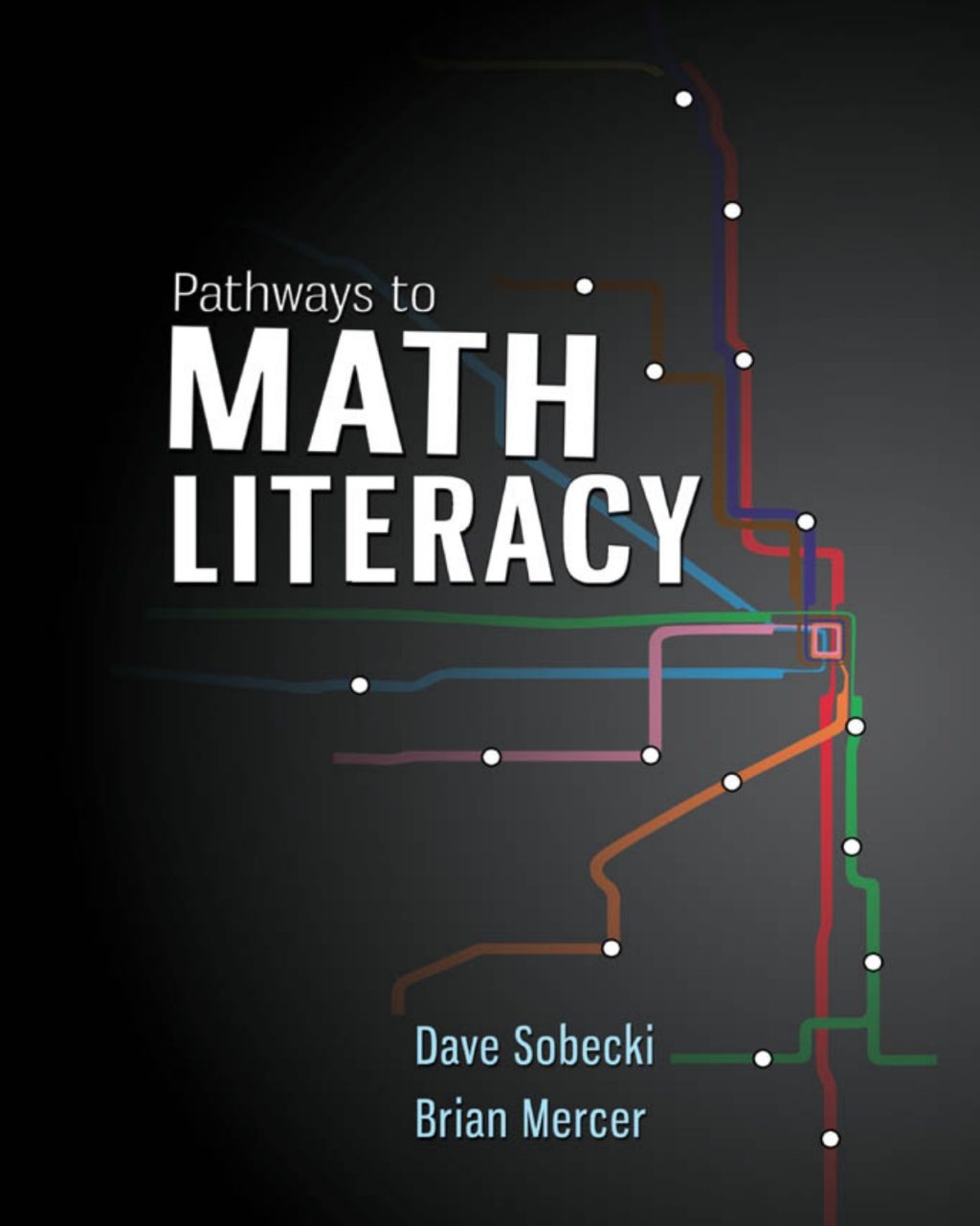Uri M. Ascher9780898716528, 0898716527
This textbook develops, analyzes, and applies numerical methods for evolutionary, or time-dependent, differential problems. Both PDEs and ODEs are discussed from a unified viewpoint. The author emphasizes finite difference and finite volume methods, specifically their principled derivation, stability, accuracy, efficient implementation, and practical performance in various fields of science and engineering. Smooth and nonsmooth solutions for hyperbolic PDEs, parabolic-type PDEs, and initial value ODEs are treated, and a practical introduction to geometric integration methods is included as well.
The author bridges theory and practice by developing algorithms, concepts, and analysis from basic principles while discussing efficiency and performance issues and demonstrating methods through examples and case studies from numerous application areas.
Audience: This textbook is suitable for researchers and graduate students from a variety of fields including computer science, applied mathematics, physics, earth and ocean sciences, and various engineering disciplines. Gradute students at the beginning or advanced level (depending on the discipline) and researchers in a variety of fields in science and engineering will find this book useful. Researchers who simulate processes that are modeled by evolutionary differential equations will find material on the principles underlying the appropriate method to use and the pitfalls that accompany each method.
Contents: Preface; 1 Introduction; 2 Methods and Concepts for ODEs; 3 Finite Difference and Finite Volume Methods; 4 Stability for Constant Coefficient Problems; 5 Variable Coefficient and Nonlinear Problems; 6 Hamiltonian Systems and Long Time Integration; 7 Dispersion and Dissipation; 8 More on Handling Boundary Conditions; 9 Several Space Variables and Splitting Methods; 10 Discontinuities and Almost Discontinuities; 11 Additional Topics; Bibliography; Index.







Reviews
There are no reviews yet.